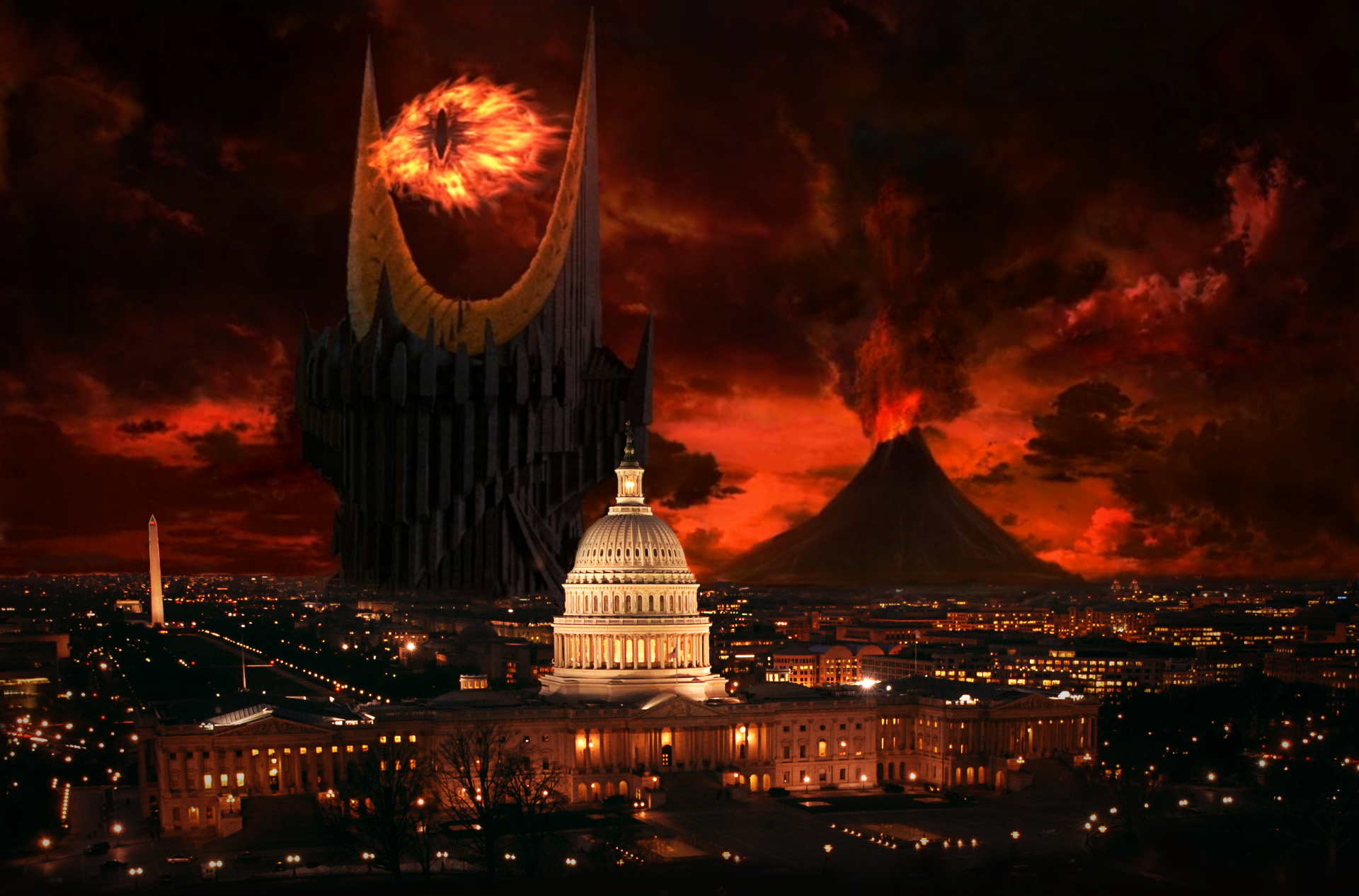President Trump and DOJ Present Their Selections for Special Master Appointment
Lawyers representing the DOJ National Security Division (DOJ-NSD) and lawyers representing President Trump have presented their list of candidates for Special Master to review documents seized from Mar-a-Lago. [8-page pdf Here]

The DOJ-NSD has listed their candidates including:
♦ The Honorable Barbara S. Jones (ret.) – retired judge of the United States District Court for the Southern District of New York, partner in Bracewell LLP, and special master in In re: in the Matter of Search Warrants Executed on April 28, 2021 and In the Matter of Search Warrants Executed on April 9, 2018.
♦ The Honorable Thomas B. Griffith (ret.) – retired Circuit Judge of the United States Court of Appeals for the District of Columbia Circuit, special counsel in Hunton Andrews Kurth LLP, and Lecturer on Law at Harvard Law School.
President Trump lawyers have listed their candidates including:
♦ The Honorable Raymond J. Dearie (ret.) – former Chief Judge of the United States District Court for the Eastern District of New York, served on the Foreign Intelligence Surveillance Court, formerly the United States Attorney for the Eastern District of New York.
♦ Paul Huck, Jr.—founder, The Huck Law Firm, former Jones Day partner, former General Counsel to the Governor, former Deputy Attorney General for the State of Florida.
The majority of the remaining filing lists the agreements of both the DOJ-NSD and Trump lawyers, as well as points of disagreement for how the special master process should continue. The position of the DOJ-NSD is the special master should not review any documents they deem classified or vital to national security, regardless of whether they contain markings or not. The DOJ just doesn’t want anyone to review what they are calling “classified documents.”
President Trump’s lawyers contend the special master should review all of the documents, regardless of DOJ-NSD definitions, and make an independent determination as to the validity of the DOJ-NSD claims, as well as consideration for ‘executive privilege.’
Plaintiff believes the Government’s objection to the Special Master reviewing documents they deem classified is misplaced. First, the Government’s position incorrectly presumes the outcome — that their separation of these documents is inviolable. Second, their stance wrongly assumes that if a document has a classification marking, it remains classified in perpetuity. Third, the Government continues to ignore the significance of the Presidential Records Act (“PRA”). If any seized document is a Presidential record, Plaintiff has an absolute right of access to it while access by others, including those in the executive branch, has specified limitations. Thus, President Trump (and/or his designee) cannot be denied access to those documents, which in this matter gives legal authorization to the Special Master to engage in first-hand review. (filing source)
 At the heart of the matter, we find ourselves back in the original place we were in 2017, when we first began discussing the relationship between the DOJ-NSD and the FISA Court surrounding the issue of the Carter Page FISA application.
At the heart of the matter, we find ourselves back in the original place we were in 2017, when we first began discussing the relationship between the DOJ-NSD and the FISA Court surrounding the issue of the Carter Page FISA application.
The DOJ-NSD is an agency within the DOJ that views themselves as beyond any apparatus that would conduct oversight. This is the entire reason why the DOJ National Security Division refused to accept any inspector general oversight from formation until 2020. In essence, the DOJ-NSD quantifies everything they do as vital to the interests of national security, and therefore beyond the reach of any outside entity to review or audit their work.
Using the national security angle, just as the FISA court is a star chamber within the judicial branch seemingly omnipotent and without a counterbalancing check on their power, so too is the DOJ-NSD a star chamber within the executive branch. The DOJ-NSD makes determinations and then says, as in the example of the Trump documents, these things are what we say they are – and you have no standing to question us.
Both the FISA court and the DOJ-NSD operate in the realm of omnipotent power and internal definitions, and the legislative branch doesn’t do anything about it; worse yet, the legislative branch defers to the arbitrary determinations of both.
Within this corrupted and bastardized system, you find the FISC and DOJ-NSD are two of the four pillars that construct the unspoken Fourth Branch of Government. The other two are the Dept of Homeland Security and the Office of the Director of National Intelligence. Few people have yet to grasp what takes place, and fewer still will admit it exists. Yet, the outlines of the political operations that take place within this fourth branch surface frequently.
[Understand the Fourth Branch]





Post a Comment